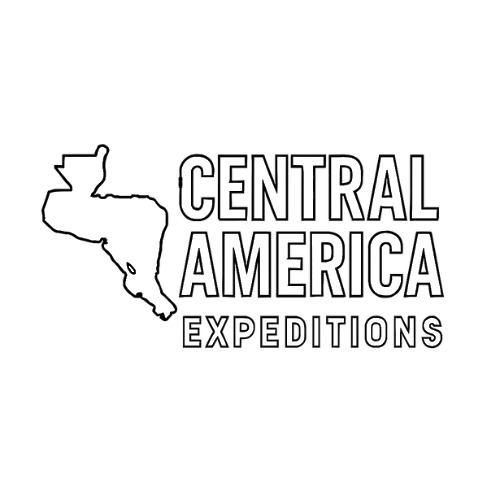El Salvador is Central America’s smallest country, but it packs in tremendous beauty, culture, and adrenaline. Known for its world-class surf spots, volcano-studded landscapes, and colonial towns, El Salvador is a destination for bold travelers looking to go beyond the ordinary. From the colorful town of Suchitoto to the Pacific beaches of El Tunco and the peaks of Cerro Verde National Park, the country offers rich history, natural wonders, and warm hospitality. El Salvador’s rise as an emerging tourism hotspot makes now the perfect time to explore it.
Before planning your trip, we recommend checking the latest travel requirements for your destination. Entry rules can vary depending on your nationality, vaccination status, and transit points. For the most accurate and up-to-date information, please use the official TravelDoc tool to verify visa policies, health regulations, and documentation needed for your journey.
Most travelers from the U.S., Canada, EU, and many other countries do not need a visa for stays up to 90 days. A tourist card (approx. $12 USD) is issued on arrival.
Routine vaccinations such as hepatitis A, tetanus, and MMR are recommended. Depending on travel plans, typhoid and rabies may also be advised.
The dry season (November to April) is ideal for exploring beaches, mountains, and cities. The green season (May to October) offers lush scenery with occasional afternoon showers.
El Salvador has a tropical climate with distinct dry and rainy seasons. Coastal regions are hot and humid, while mountain areas are cooler.
Yes. In restaurants, a 10% tip is customary if not already included. Small tips are appreciated for drivers, guides, and hotel staff.
Wi-Fi is available in most urban and tourist areas. Rural regions may have limited or slower connectivity.
Yes, ATMs are common in cities and towns. It’s best to use machines in secure areas like malls or banks.
Major credit cards are accepted at hotels, restaurants, and large stores. Smaller businesses may only take cash.
Unlocked phones can use local SIM cards from carriers like Tigo or Claro. Roaming is available but can be expensive.
Western-style toilets are standard in most tourist facilities. In rural areas, bring your own toilet paper as it may not be provided.
Tap water is not considered safe to drink in most parts. Bottled water is recommended and widely available.
El Salvador has made major strides in safety, particularly in tourist areas. Use common sense, avoid isolated areas at night, and stay informed.
Stay hydrated, use insect repellent, wear sunscreen, and avoid undercooked food. Travel insurance is highly recommended.
While not mandatory, travel insurance is strongly advised to cover medical emergencies, trip delays, or theft.
